Attach the wafer to the blue film: Use a dedicated Areas where wafer laminating machine sticking to gently suction the thinned wafer and then accurately press it onto the center of the blue film to ensure that the wafer adheres smoothly to the film as a whole. During the operation, it is necessary to avoid generating bubbles or particles to prevent affecting the quality of subsequent cutting....
continue reading
 English
English français
français Deutsch
Deutsch русский
русский italiano
italiano español
español Nederlands
Nederlands العربية
العربية български
български svenska
svenska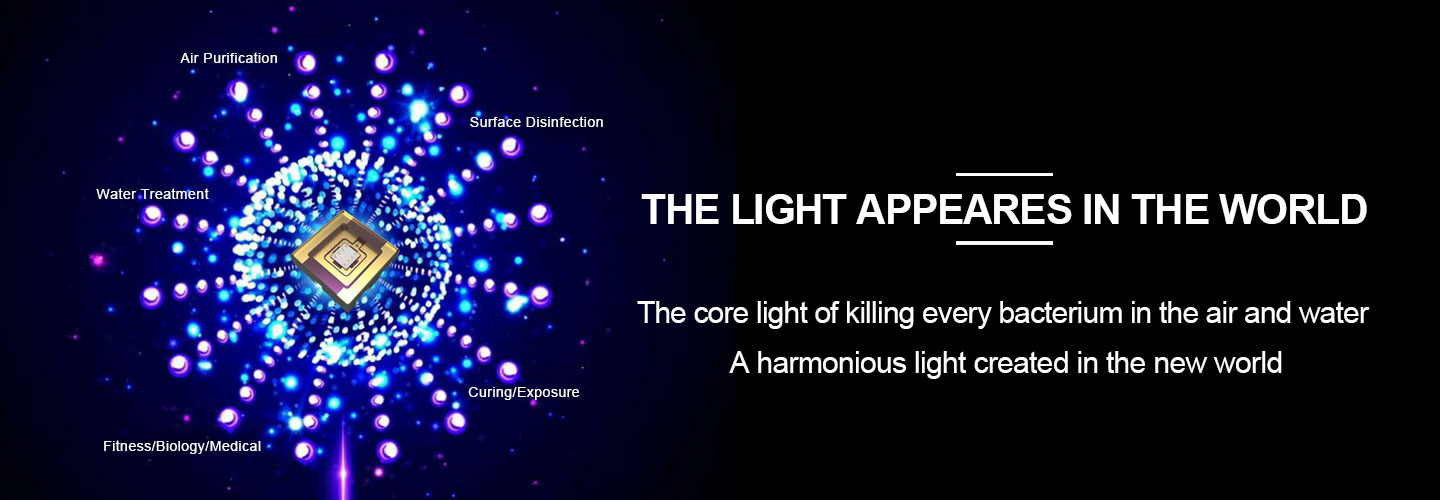
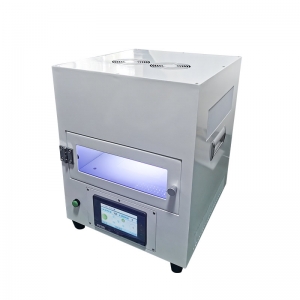




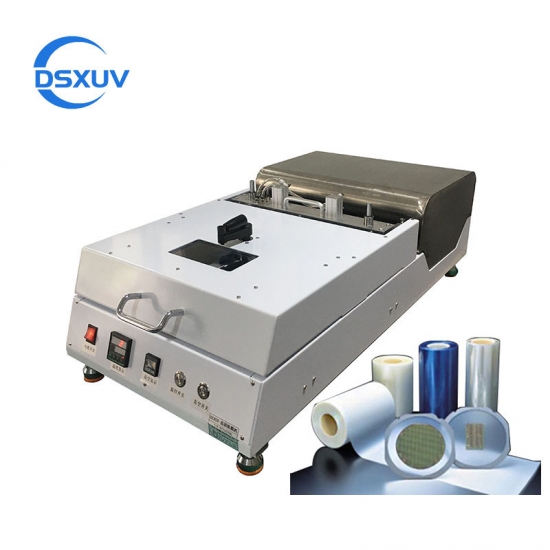
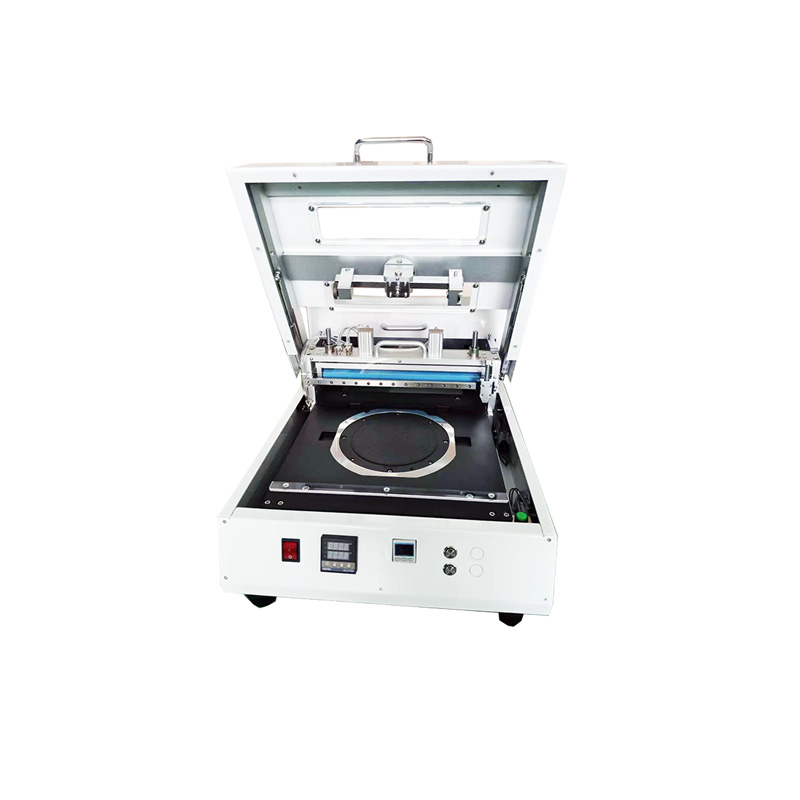
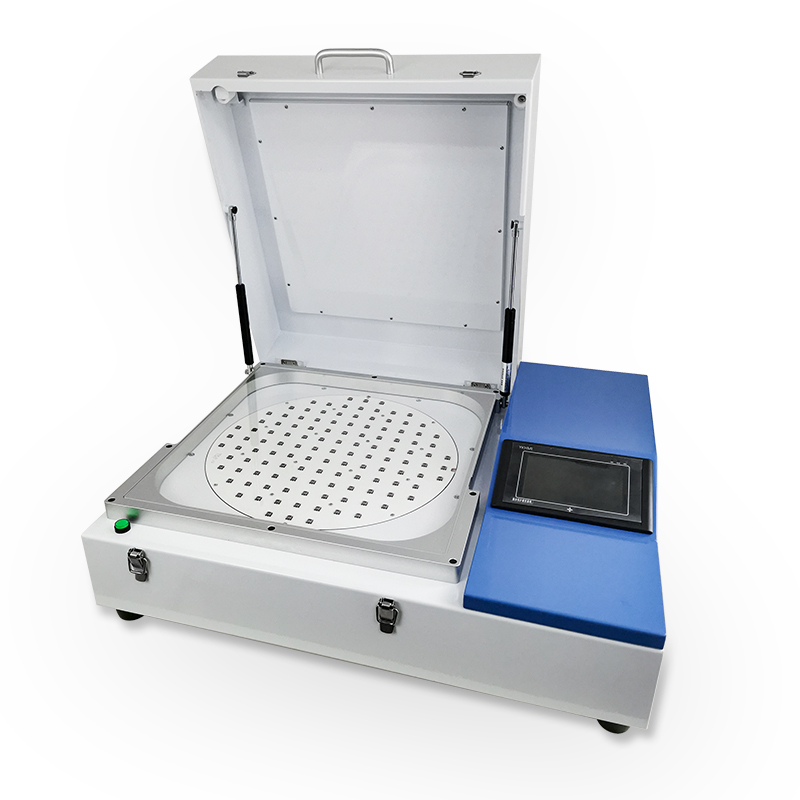
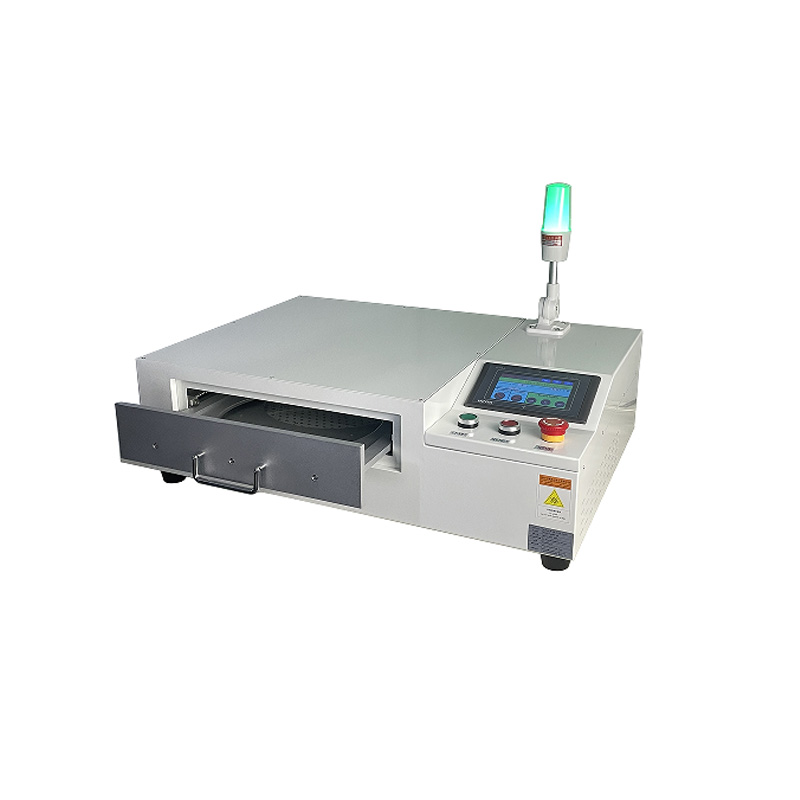
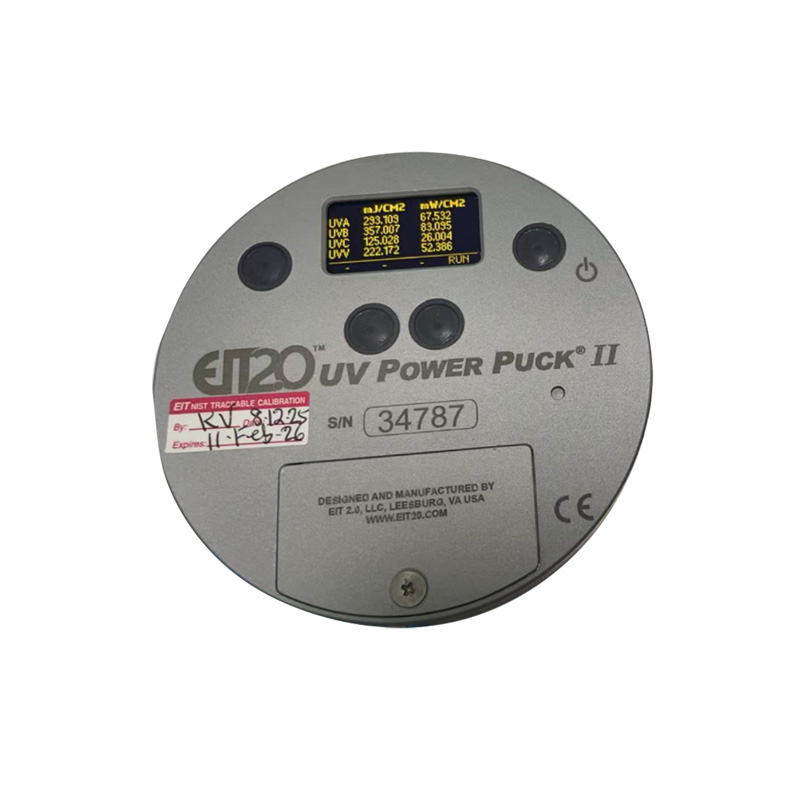
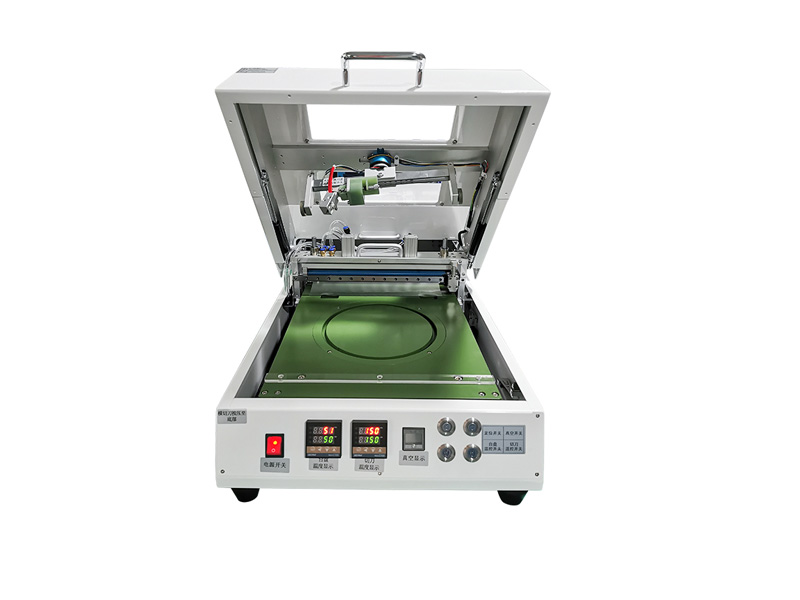
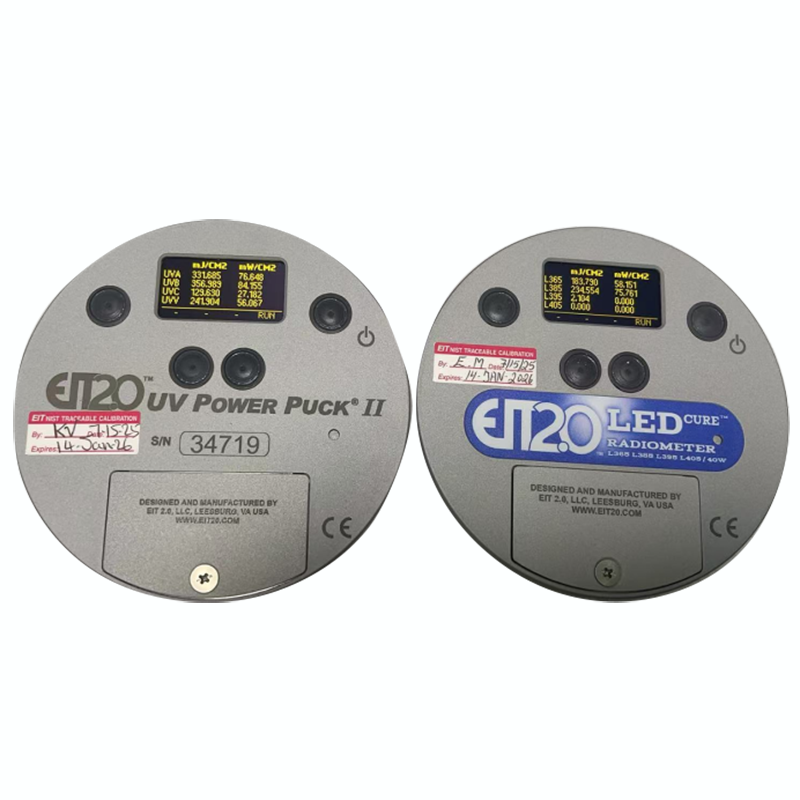







 +8618924372460
+8618924372460 live:1651063690jennifer
live:1651063690jennifer uvcure@uvspacelight.com
uvcure@uvspacelight.com 0086-18924372460
0086-18924372460